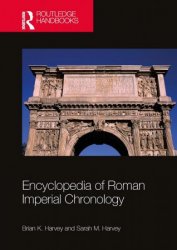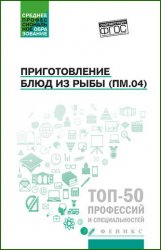 Название: From Allies to Enemies: Spain, Japan and the Axis in World War II
Название: From Allies to Enemies: Spain, Japan and the Axis in World War IIАвтор: Florentino Rodao
Издательство: Palgrave Macmillan
Год: 2023
Страниц: 360
Язык: английский
Формат: pdf (true), epub
Размер: 10.1 MB
To understand the turnaround in Spain’s stance towards Japan during World War II, this book goes beyond mutual contacts and explains through images, representations, and racism why Madrid aimed at declaring war on Japan but not against the III Reich -as London ironically replied when it learned of Spain’s warmongering against one of the Axis members.
The changes at both countries’ Foreign Affairs Ministries on 1 September 1942 were part of a restructuring of power related to the war, but their significance was different because the crisis in Japan was a fresh demonstration of the decreasing influence of diplomacy, while in Spain, it was the opposite. Both countries were reading the results differently. After so many conquests, Tokyo believed that it was time to set up a new body of countries under its rule but Spain increased its diplomatic maneuvers. To enhance their role in the world, both countries tried opposite methods.
Spain-Japan relations fell prey once more to different contexts, with Spain hoping to change the significance of its neutrality. Its official position of non-belligerence was outdated. Madrid no longer considered entering war. After having lost its imperial ambitions, Spain now faced its friendship with the Axis in a different way, which included admiration for Germany, friendship with Italy, and difficulties with Japan. Therefore, for this new phase, Japan was the most appropriate option for Spain to lessen its collaboration with the Axis. Tokyo was not really upset about this, but it depended on Spain’s help in the war.
On 21 June 1941, Hitler’s Germany invaded the Soviet Union, opening a new chapter in the world war. Containing the European war’s expansion was impossible, and it was now inexorably spreading throughout the globe, but most of all, it was a time when no one could make a reliable prediction on the conflict’s future outcome. In fact, the invasion took place just as the Third Reich and Japan redefined their aims.
Hitler did not even hint about the so-called Operation Barbarossa when he met Matsuoka just two months before the attack. Neither Hitler nor his General Staff considered asking for foreign assistance to defeat the Soviet Union, preferring that the Japanese continue their southward advance and launch an offensive against Singapore. The consequence of Hitler not informing Matsuoka was the latter’s signature of the Non-Aggression Pact with Stalin on the next stage of his trip. Soon after, the Germans learned of secret conversations between Washington and Tokyo, fearing that their “sacred egoism,” as it was then known, could lead the Japanese to a separate peace understanding that would leave the Third Reich and Italy fighting alone. As a result, the Nazis changed their strategy, now hoping to convince Japan to join them in their attack on the Soviet Union. Three weeks before the expected invasion, Hitler attempted to dazzle Tokyo by inviting it to join in the Germans’ destruction of the Soviet Union and later share the bounty, but it was too late.
At the same time, Japan had concluded that the United States and England were both politically and militarily inseparable. Tokyo became convinced that, should conflict arise with London, Washington would follow suit sooner or later regardless of any attempt to respect its interests. With this in mind, Japan’s secret talks with the United States lost some of their importance and Tokyo continued to pursue them to prevent a firm alliance between Washington and London, although they didn’t consider them a final option.
Скачать From Allies to Enemies: Spain, Japan and the Axis in World War II
[related-news] [/related-news]
Комментарии 0
Комментариев пока нет. Стань первым!















